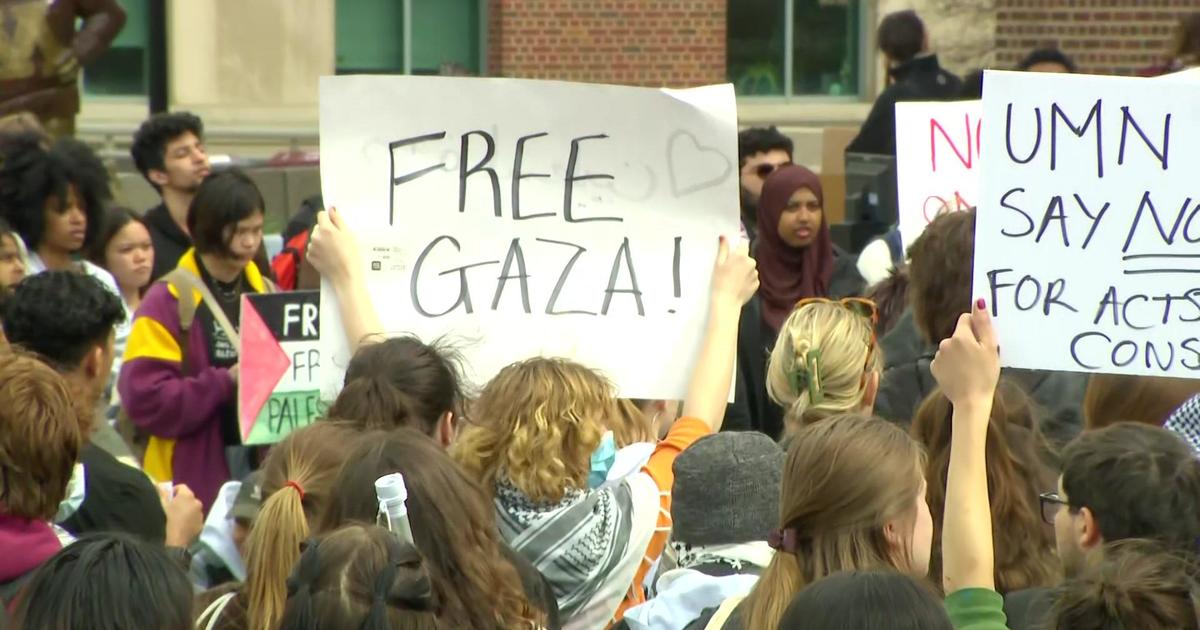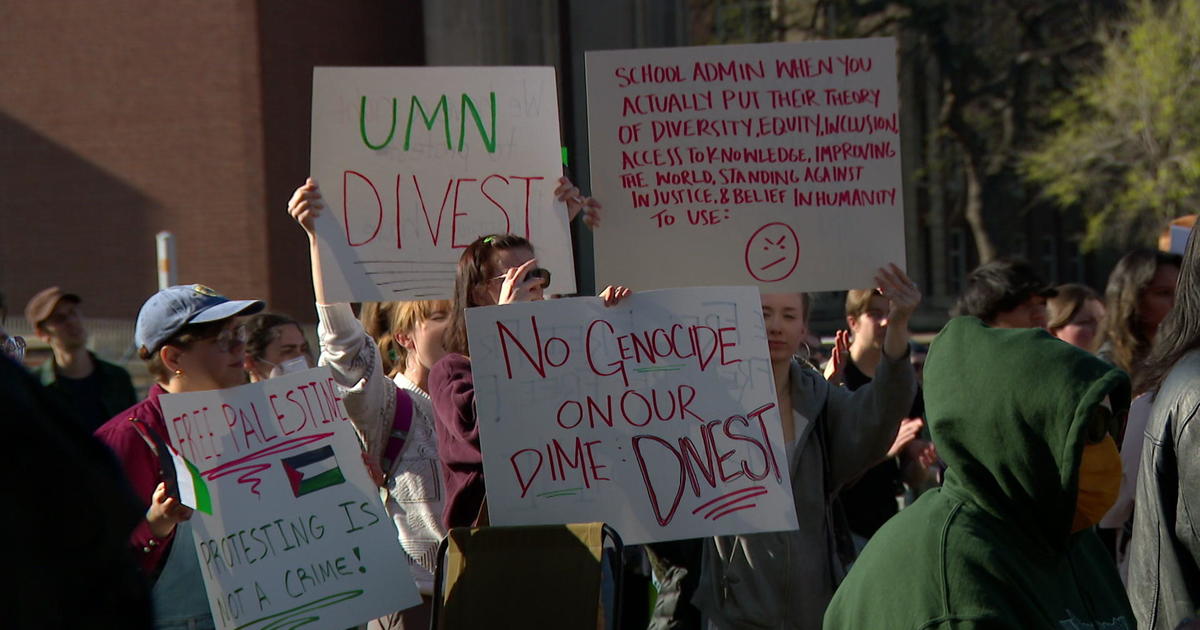Philando Castile's mother blasts Jeronimo Yanez for pursuing second career as teacher
BROOKLYN PARK - Time doesn't heal for Valerie Castile, who just held her sixth Thanksgiving dinner without her son at the table.
"You never heal from a broken heart," Castile lamented to WCCO-TV. "You just can't. It's like how can you stop the rain from falling? It's impossible."
Philando Castile was shot and killed on July 6, 2016, at a traffic stop in St. Anthony. The officer, Jeronimo Yanez, was charged with manslaughter but was acquitted by a jury. The shooting and Yanez's subsequent acquittal led to massive public outcry and protests in Minnesota and beyond.
Yanez left the police department after his trial and in February 2020 applied for a substitute teaching license - a license application that was denied based on "immoral character or conduct." Yanez, however, is getting a second shot and a second career thanks to a Minnesota Court of Appeals ruling must reconsider the rejection.
The appeals court ruled that this reason was unconstitutionally vague and the Minnesota Professional Educator Licensing and Standards Board must reconsider - focusing narrowly on whether Yanez's conduct makes him unfit to teach.
The appeals court said that upon reconsideration, the board must identify factors it is using to determine whether Yanez's conduct "violated moral standards for the teaching profession." The board must also avoid characterizing policing practices - such as a pretextual reason for a traffic stop - as immoral.
"The board's decision must focus exclusively on Yanez's conduct and his fitness to be a teacher, not fitness to be a police officer," the appeals court ruled.
At the time of his application, he was teaching Spanish part-time at a parochial school. The school's principal supported his license application.
Valerie Castile said she the case has resurrected painful memories and feelings.
"You want to be around children - but you shot in that car and there was a baby in the backseat," she said of Yanez. "He didn't care about the baby in the backseat of that car, so how can you double back and want to work around children? He didn't have any empathy for my son. He stood there with his gun still pointing at him with a finger on the trigger."
During the application process, the board's disciplinary committee investigated Yanez's case and recommended that his application be denied.
He appealed to an administrative-law judge, who also recommended that his application be denied after a hearing in which St. Paul Public Schools Superintendent Joseph Gothard testified that Yanez's actions were hurtful and offensive to the community. An expert who testified for Yanez said the traffic stop was lawful and that he agreed the deadly use of force was reasonable.
The administrative-law judge found Yanez prejudged Castile as a robbery suspect because of his "wide set nose" - initiating a pretextual traffic stop that indicated "racial bias, microaggressions, and negativity bias that are detrimental to students, especially students of color."
The administrative-law judge also found that Yanez failed to establish that his use of deadly force was reasonable and necessary. The board ultimately denied Yanez's application.
Yanez argued on appeal that denying his application due to "immoral character or conduct" was unconstitutionally vague. The appeals court agreed, saying that other jurisdictions have found that immorality means different things to different people, and that the conduct in question must be directly related to a teacher's ability to teach.
The appeals court said that the phrase is nebulous and "vulnerable to the caprice of ever-changing public opinion and the potential for arbitrary, biased enforcement" but that it could survive constitutional scrutiny if narrowed to "relate to professional morals in the occupation of teaching."
Castile said children - particularly students of color -- might have trouble focusing on what Yanez is teaching and could worry that they were in danger. She said parents would also need to be notified if he was in a classroom.
"When will he get scared in a school and a Black guy standing 6"2 and weighing 220 pounds says something to him and then he gets scared? I just don't think a school is a good fit for him."
Yanez's lawyer, Robert Fowler, gave this statement Monday afternoon to WCCO: "It was obvious the Licensing Board's decision was wrong. That's why my client appealed and he is pleased with the Court's decision. However, my client's priority now is moving on to the next chapter in his life in peace and privacy."
Castile said if Yanez really wants to teach, she thinks a better alternative would be to help improve literacy among offenders serving time in prison.
"The illiteracy in our prisons is far too much and I'm sure they would welcome him to prepare them for when they get out on the street."




